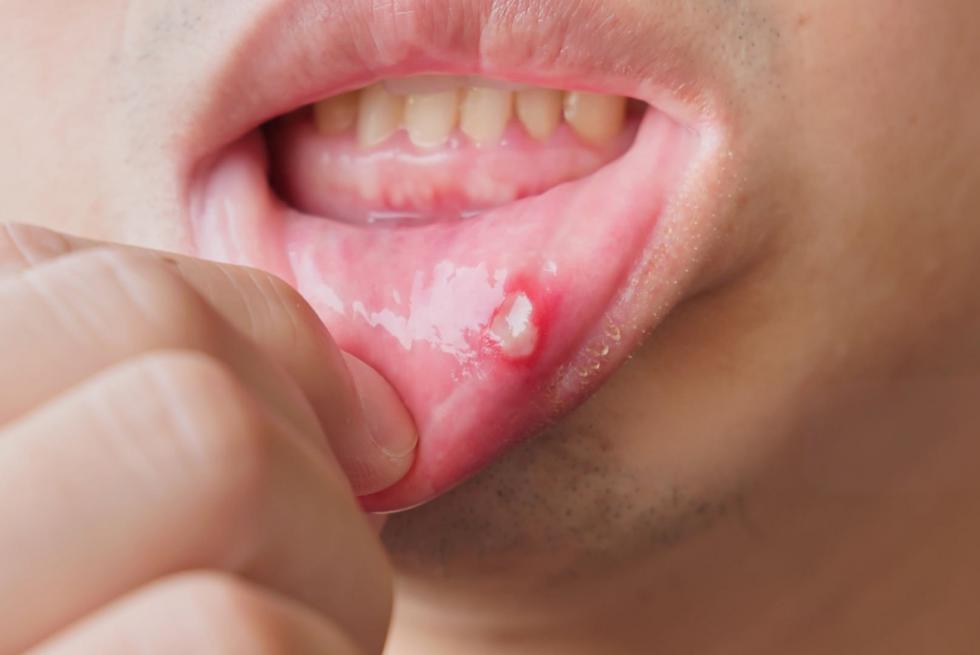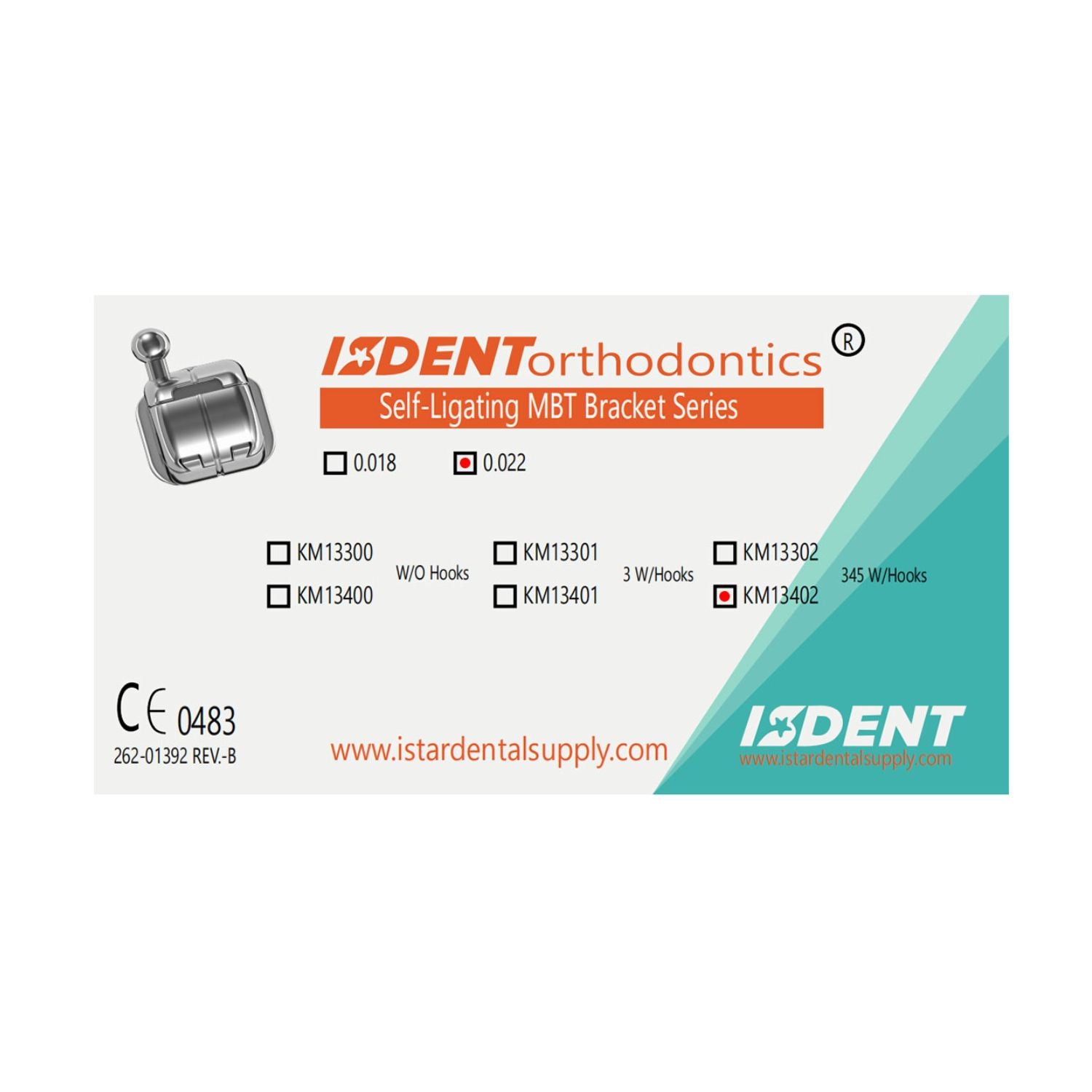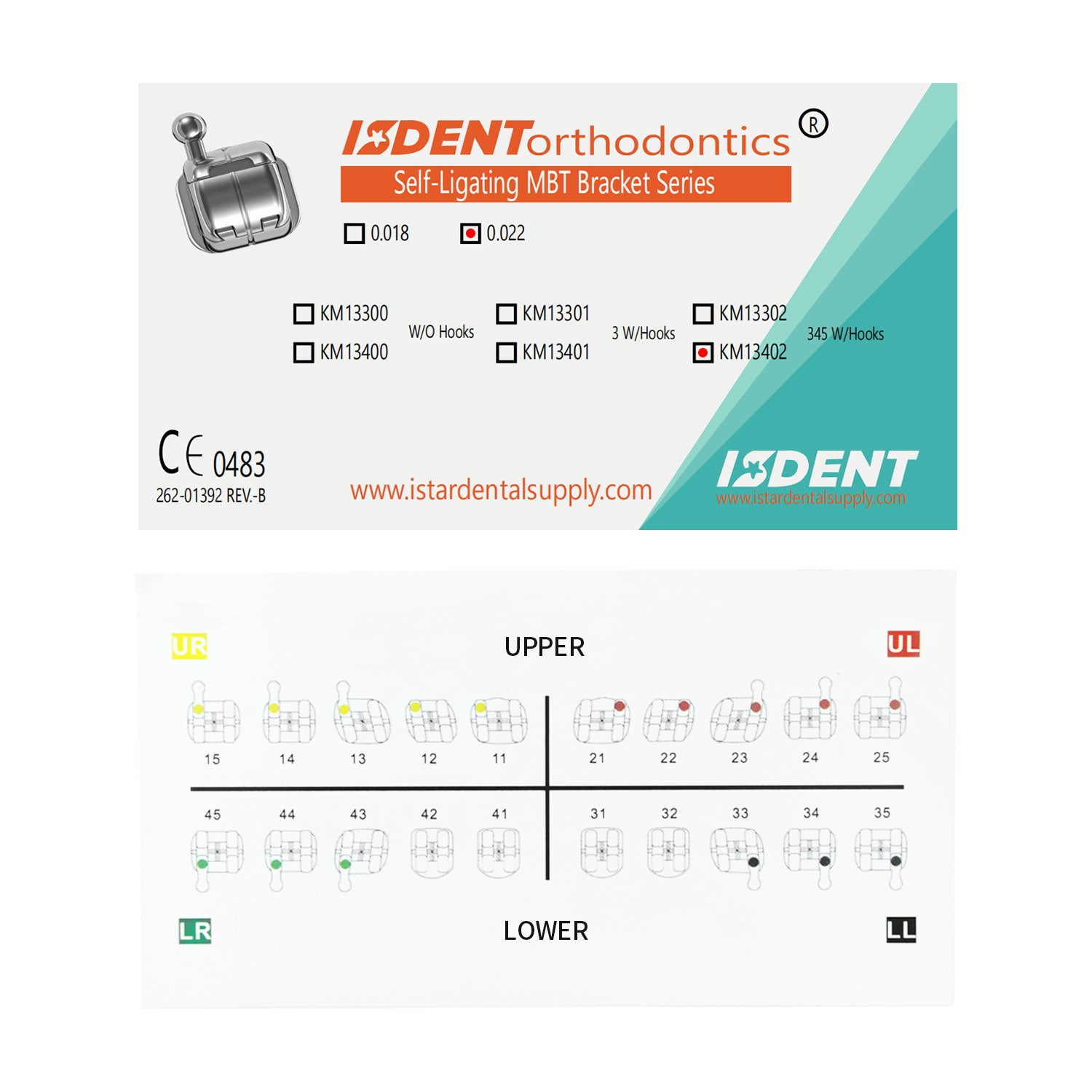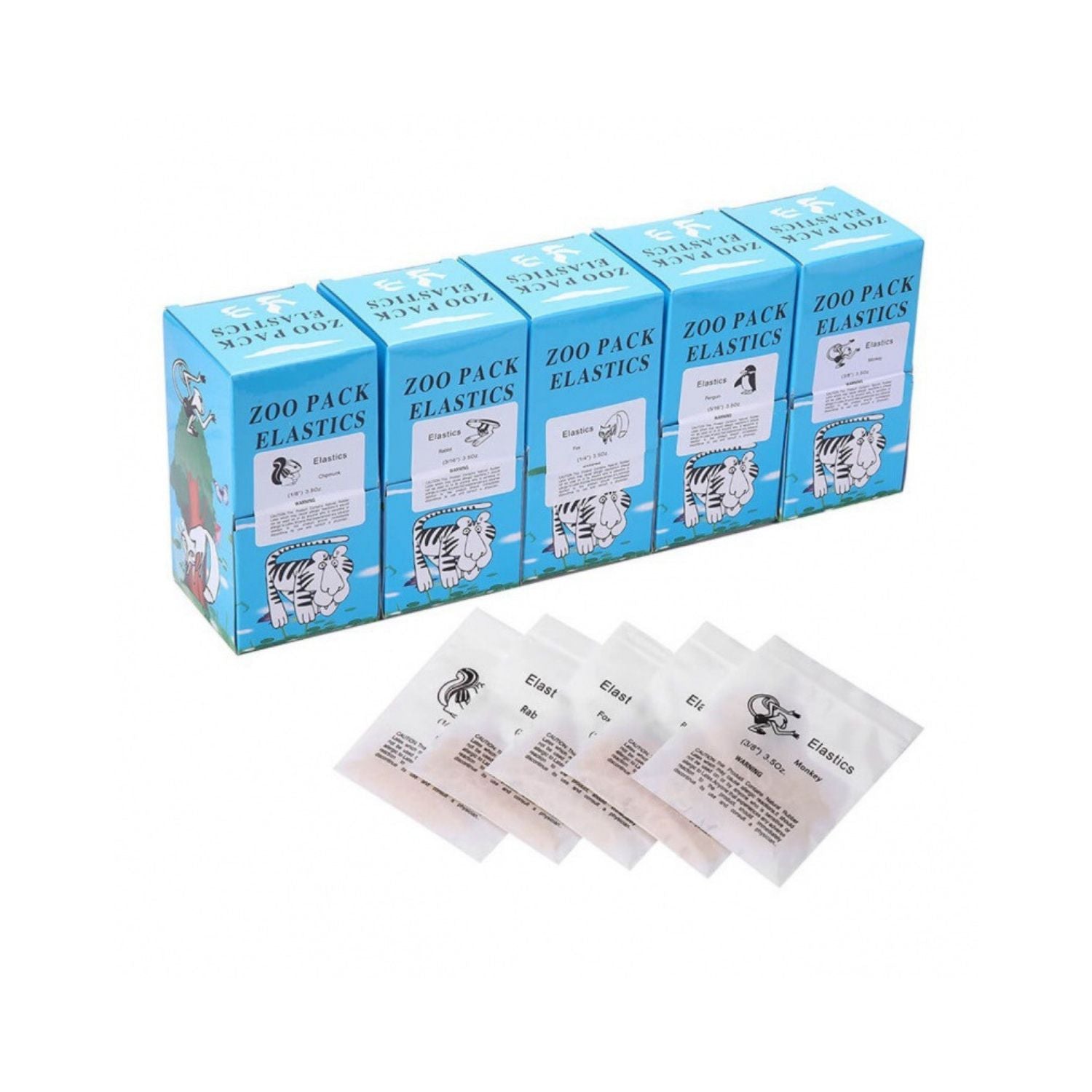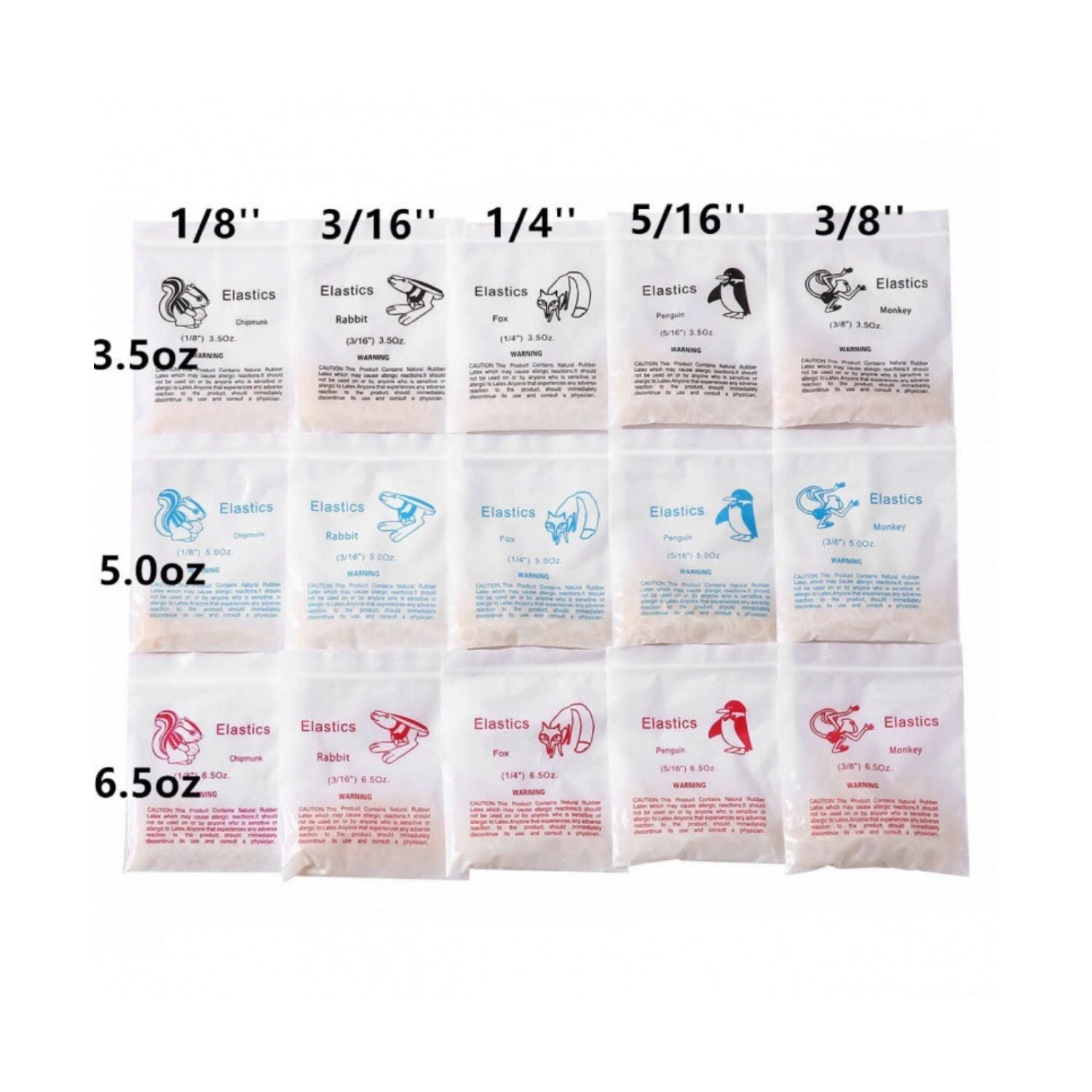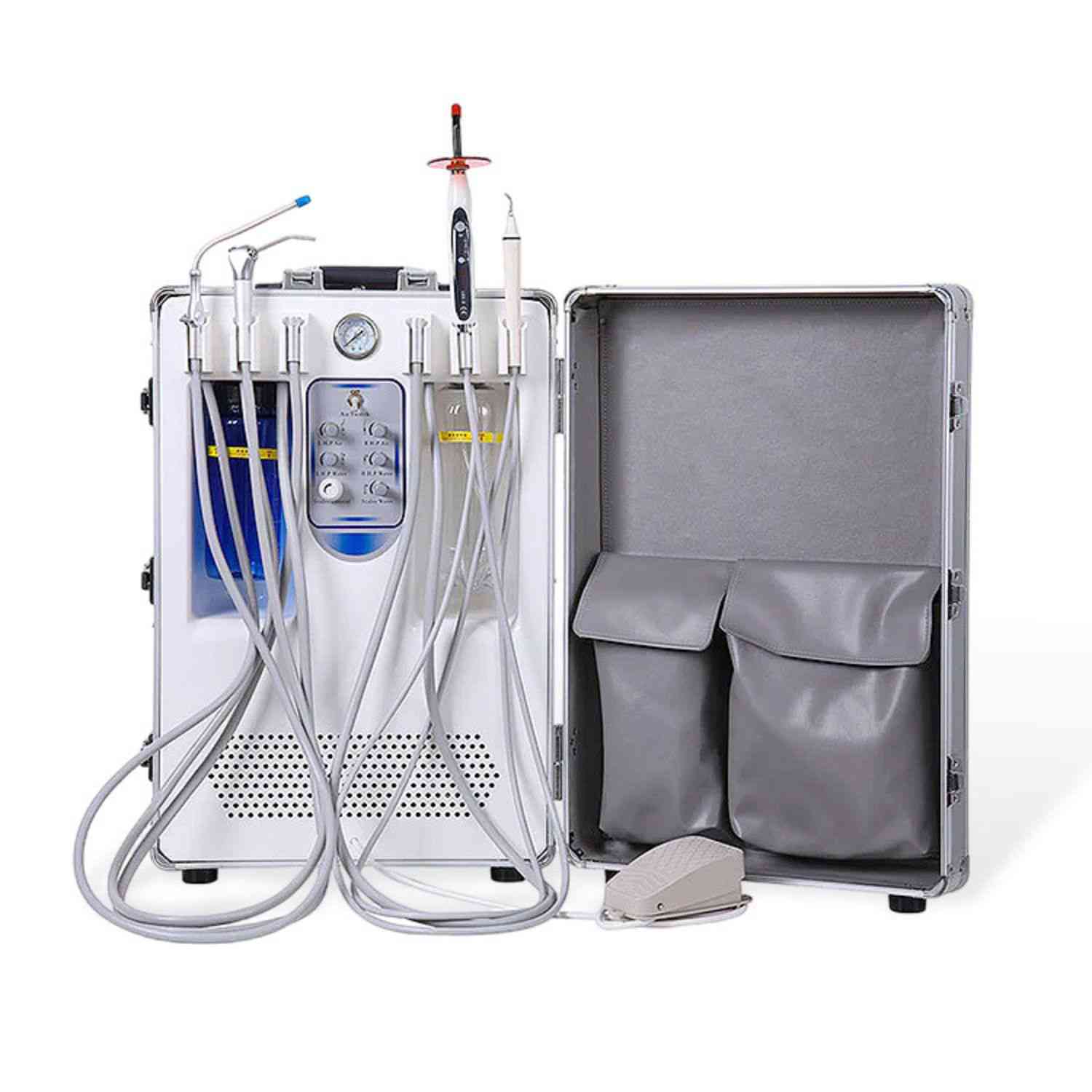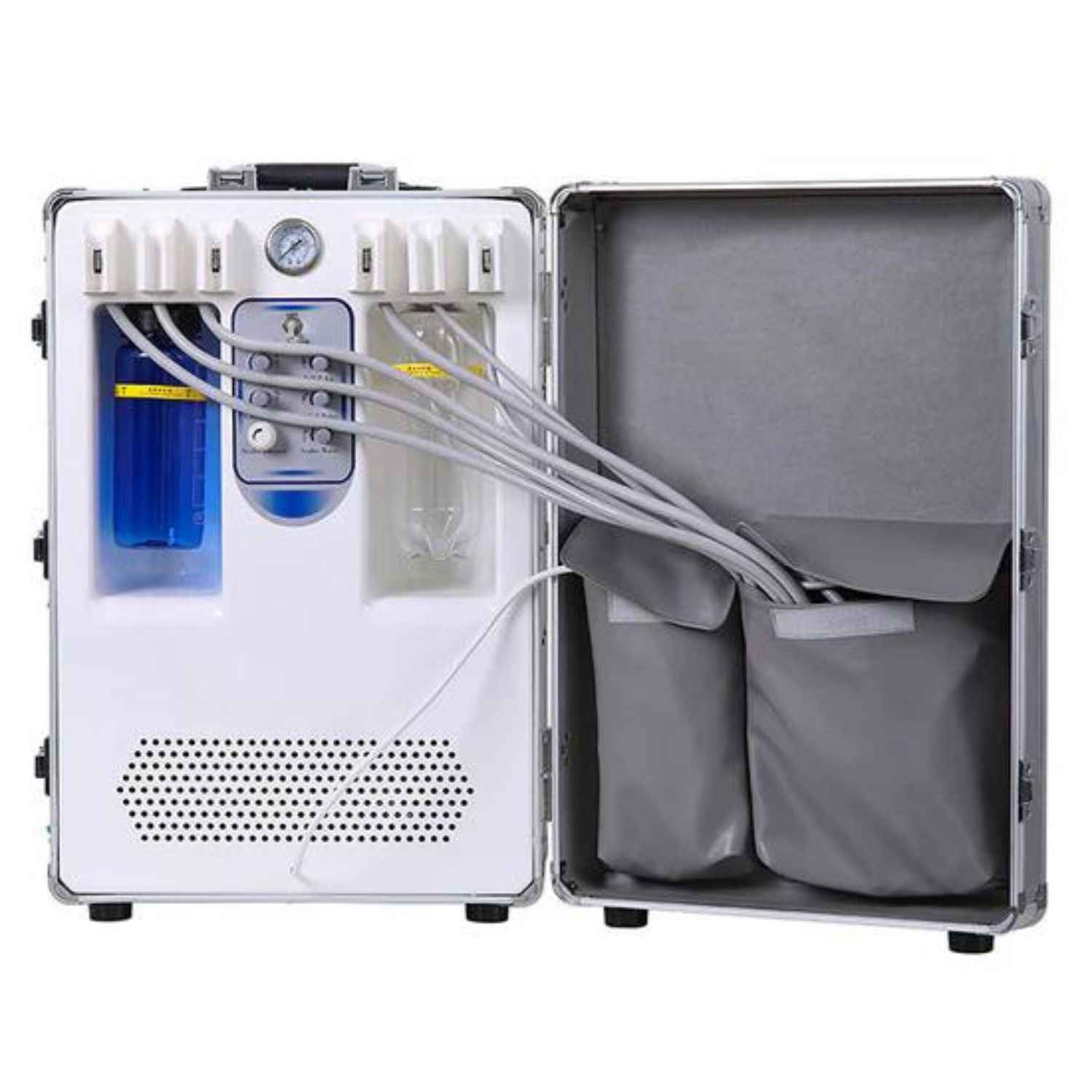What Causes Canker Sores? Triggers, Risk Factors, and Prevention
Canker sores are small sores in the mouth. They hurt a lot. Many people get them. Let's learn why they happen and how to stop them.
What Are Canker Sores?
Canker sores are small ulcers that form in your mouth. They have a white or yellow center and a red edge. They are not the same as cold sores. Cold sores are from a virus and show up on your lips. Canker sores show up inside your mouth.
Many people get canker sores. About 15-30 out of 100 people in the world get them. That means a lot of people have this same problem!
Main Causes of Canker Sores
Physical Triggers
Many things can hurt your mouth and cause canker sores:
- Biting your cheek by mistake
- Braces that rub against your cheek
- Brushing too hard with your toothbrush
- Using toothpaste with SLS (a kind of soap in toothpaste)
Did you know? About 35 out of 100 canker sores happen because of trauma to your mouth. That means if you hurt the inside of your mouth, you might get a canker sore there.
Food Triggers
Some foods can make you get canker sores:
- Acidic foods like oranges and lemons
- Spicy foods that burn your mouth
- Coffee and hot drinks
-
Foods you might be sensitive to like:
- Chocolate
- Nuts
- Strawberries
- Foods with gluten
If you keep getting canker sores, try to see which foods might be causing them. Write down what you eat and when you get sores to find a pattern.
Lifestyle Factors
How you live can affect canker sores too:
- Stress makes many people get more sores
- Hormones changing (like during periods)
- Quitting smoking can cause sores for a short time
About 25 out of 100 canker sores are caused by stress. When you feel stressed, your body may be more likely to form these painful sores.
Underlying Health Conditions
Nutritional Deficiencies
Not having enough of certain vitamins and minerals can cause canker sores:
- Iron - helps carry oxygen in your blood
- Vitamin B12 - helps your nerves work right
- Folate - helps make new cells
- Zinc - helps your immune system
Research shows that about 20 out of 100 people with canker sores don't have enough of these important nutrients. Your doctor can test your blood to see if you need more of these.
Check out our soft-bristle toothbrushes for sensitive mouths to help prevent canker sores caused by rough brushing.
Immune System Problems
Your immune system might be causing your canker sores. The immune system is supposed to protect you, but sometimes it attacks the wrong things.
About 60 out of 100 people with canker sores have higher levels of things called TNF-α and interleukins. These are chemicals your immune system makes when it's fighting something.
Some diseases that affect your immune system can cause more canker sores:
- Celiac disease (can't eat gluten)
- Behçet's disease
- Crohn's disease
Infections and Other Health Issues
Some infections might make canker sores more likely:
- H. pylori - a germ that can live in your stomach
- Viral infections
- People with HIV/AIDS get more canker sores
- People getting chemotherapy get more canker sores
How to Prevent Canker Sores
Oral Care Changes
Change how you take care of your mouth to help prevent canker sores:
- Use toothpaste without SLS - Studies show 60-70 out of 100 people have fewer sores when they switch
- Use a soft toothbrush - Our gentle dental tools can help protect your mouth
- Don't use mouthwash with alcohol - it can dry out your mouth
Diet and Lifestyle
What you eat and how you live can help:
- Don't eat foods that seem to cause your sores
- Eat more foods with vitamins - like fruits, vegetables, and fish
- Find ways to lower stress - try yoga, deep breathing, or meditation
Medical Prevention
Sometimes you need help from a doctor:
- Take supplements - like Vitamin B12 or zinc if your doctor says you need them
- Ask about prescription medicine - for very bad or frequent sores
Our dental products are designed to be gentle on sensitive mouths and can be part of your prevention plan.
When to See a Doctor
Most canker sores go away on their own. But sometimes you need to see a doctor:
- Sores that last more than 2 weeks
- Sores that come with a fever
- Sores that are very painful and stop you from eating or drinking
- If you get many sores at once
- If you think they might be from another health problem
Helpful Facts About Canker Sores
| Question | Answer | What It Means For You |
|---|---|---|
| How common are canker sores? | 15-30% of people get them | You're not alone! |
| What causes them most? | 35% from trauma, 25% from stress | Be careful not to bite your cheek and try to relax |
| Do vitamins matter? | 20% of people with canker sores have vitamin deficiencies | Eating healthy foods might help |
| Does family history matter? | 30-40% of people with canker sores have family members who get them too | If your parents get them, you might too |
| Can toothpaste make a difference? | 60-70% fewer sores when using SLS-free toothpaste | Try changing your toothpaste |
| How long do they last? | Minor sores: 7-14 days, Major sores: 2-6 weeks | Most go away on their own with time |
| Are they more common at certain ages? | Most common between ages 10-40 | Young people and adults get them most |
Common Questions About Canker Sores
Are canker sores catching?
No. Unlike cold sores, you cannot catch canker sores from someone else. They are not contagious.
How long do canker sores take to heal?
Small canker sores usually heal in 7-14 days. Bigger ones can take 2-6 weeks.
Can stress cause canker sores?
Yes! Stress is a big trigger for canker sores. About 25 out of 100 cases happen because of stress.
Are canker sores an autoimmune condition?
Sometimes. About 5-10 out of 100 cases are linked to autoimmune conditions. But most are not.
Do canker sores run in families?
Yes. About 30-40 out of 100 people with canker sores have family members who get them too.
How to Treat Canker Sores
While they heal, you can:
- Use pain-relieving gels from the drug store
- Rinse with salt water (mix 1 teaspoon salt in 1 cup warm water)
- Avoid spicy and acidic foods that might hurt more
- Use a straw when drinking juice or other acidic drinks
For serious, recurring canker sores, our gentle dental tools can help maintain oral hygiene without causing more irritation.
Keep Track of Your Triggers
A good way to prevent canker sores is to know what causes yours. Make a list of:
- Foods you ate before getting a sore
- Stress levels when sores appear
- Dental products you use (toothpaste, mouthwash)
- Health changes or other conditions
Conclusion
Canker sores happen for many reasons. They might come from:
- Physical damage to your mouth
- Food triggers that bother you
- Stress and hormones
- Vitamin deficiencies
- Immune system issues
Most canker sores go away on their own. To stop getting them:
- Use gentle dental products
- Avoid foods that trigger them
- Find ways to manage stress
- Get enough vitamins and minerals
If you keep getting canker sores, talk to your dentist or doctor. They can help find out why and give you more ways to prevent them.
Remember that most people get canker sores sometimes. You are not alone! With the right care and prevention, you can have fewer sores and feel better.

